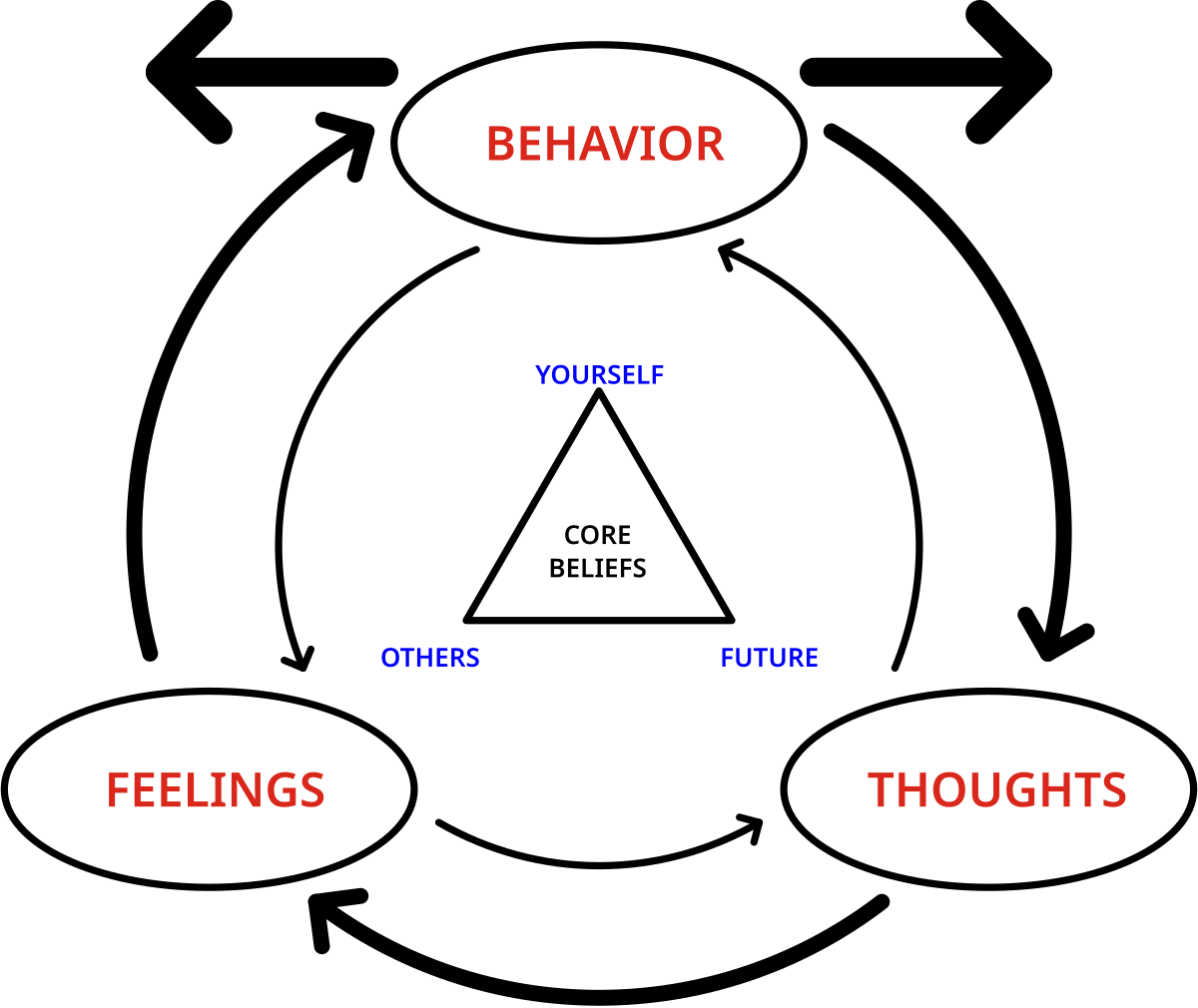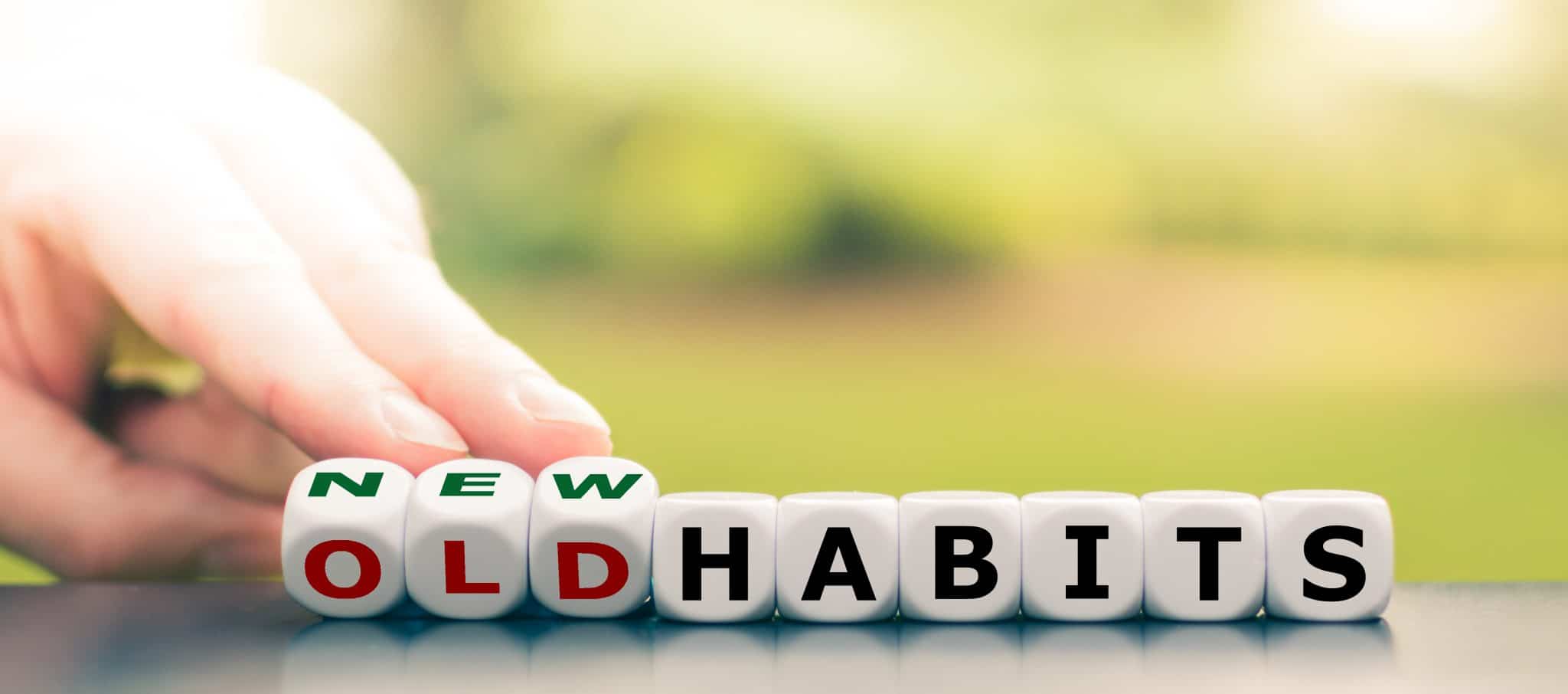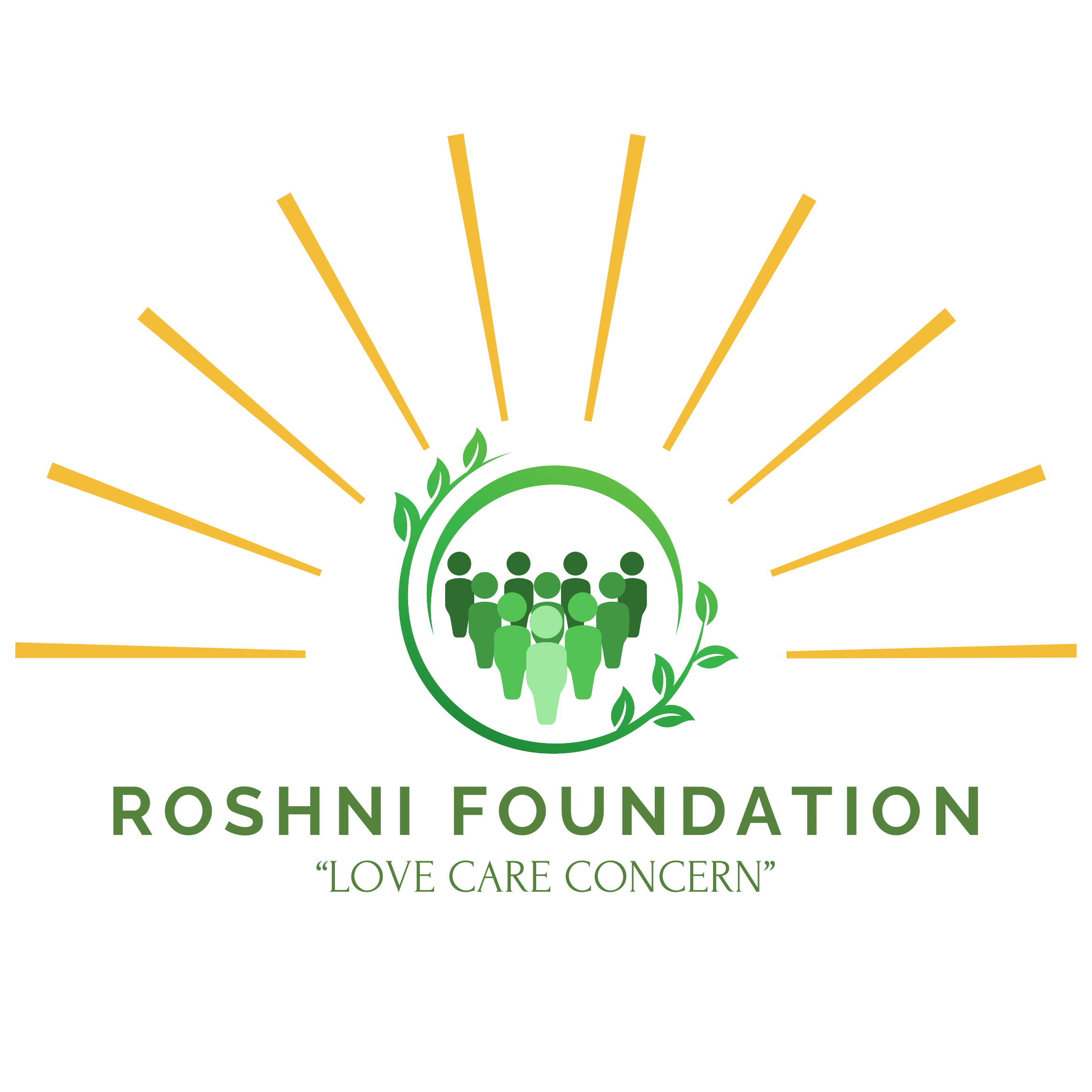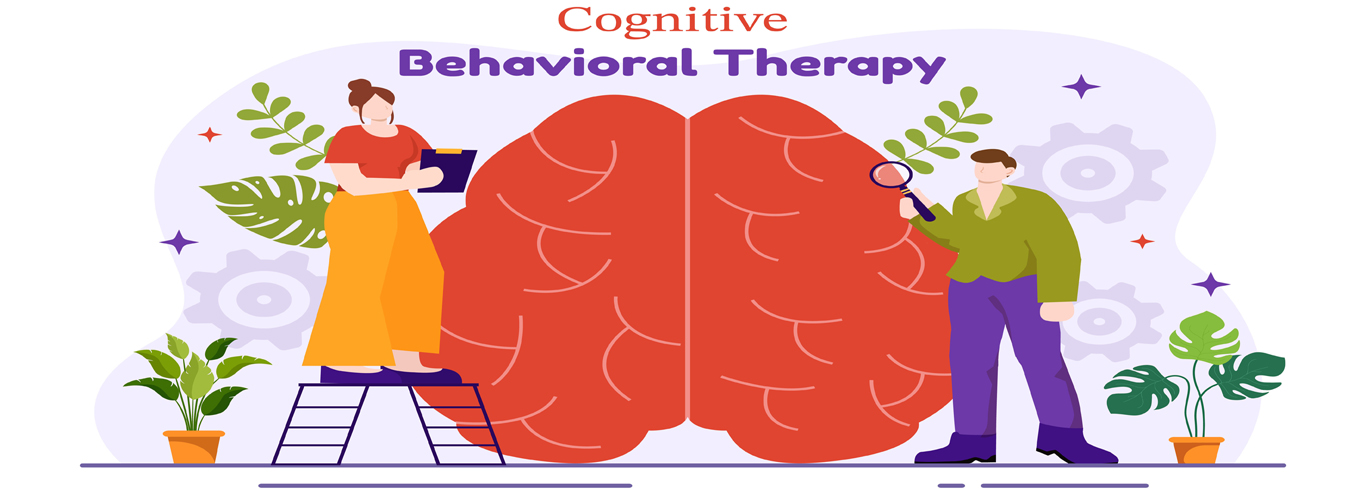When it comes to effective treatment for addiction and mental health, few approaches are as impactful as cognitive behavioural therapy. At Roshni Foundation, we recognise the power of this evidence-based method to transform lives by changing destructive thought patterns and behaviours. Whether someone is struggling with substance abuse, depression, anxiety, or trauma, cognitive behavioural therapy offers a practical and structured path to lasting recovery.
Combining introspection, problem-solving, and emotional regulation techniques, cognitive behavioural therapy plays a vital role in the healing process, especially for individuals facing both mental health issues and addiction.
What is Cognitive Behavioural Therapy?
Cognitive behavioural therapy, often abbreviated as CBT, is a form of psychotherapy that helps individuals understand the connection between their thoughts, feelings, and behaviours. The central idea behind CBT is that negative thinking patterns can lead to self-destructive behaviours, and by identifying and altering those thoughts, individuals can bring about positive changes in their behaviour and emotional well-being.
Unlike other therapies that may dwell heavily on the past, cognitive behavioural therapy focuses on the present and practical strategies to cope with current problems. It is particularly effective in addressing issues like substance dependence, anxiety disorders, PTSD, and mood disorders, making it ideal for addiction recovery.

Why CBT Works in Addiction Recovery
Cognitive behavioural therapy is highly effective in addiction treatment because it addresses the psychological triggers behind substance use. Many people turn to drugs or alcohol as a way to cope with emotional pain, unresolved trauma, or low self-esteem. CBT helps individuals replace these unhealthy coping mechanisms with healthier alternatives.
At Roshni Foundation, our therapists use cognitive behavioural therapy to help clients:
-
Recognise thought patterns that lead to cravings or relapse
-
Develop healthy ways to deal with stress and emotional discomfort
-
Strengthen self-control and decision-making
-
Build a positive self-image rooted in self-awareness
CBT and Co-Occurring Mental Health Disorders
Many individuals dealing with addiction also suffer from mental health issues like depression or anxiety. Treating both simultaneously through cognitive behavioural therapy provides a comprehensive approach to recovery.
For instance, someone with depression might experience recurring negative thoughts such as “I’m a failure” or “I’ll never get better.” CBT teaches them to identify these patterns, challenge their accuracy, and replace them with balanced, realistic thoughts. In this way, cognitive behavioural therapy addresses the root of emotional pain that often fuels substance use.
How Cognitive Behavioural Therapy is Practised
In most addiction recovery programs, cognitive behavioural therapy is offered through both individual and group sessions. During CBT, therapists guide clients through the following steps:
-
Identifying negative thoughts: Clients learn to catch automatic negative thoughts that impact their behaviour and mood.
-
Challenging and restructuring thoughts: Through guided questioning and self-exploration, these harmful thoughts are reframed into healthier perspectives.
-
Practising new behaviours: Individuals are encouraged to apply new coping strategies in real-world situations, helping to reinforce long-term change.
Cognitive behavioural therapy is hands-on, collaborative, and goal-oriented, which makes it especially appealing to individuals who want to be actively involved in their recovery process.

Common CBT Techniques Used in Recovery
At Roshni Foundation, we tailor cognitive behavioural therapy techniques to meet the unique needs of each client. Some of the most effective CBT tools include:
-
Thought Records: Used to track negative thoughts, emotions, and resulting behaviours to identify patterns.
-
Behavioural Experiments: Testing new behaviours in real-life scenarios to replace avoidance with positive action.
-
Cognitive Restructuring: Challenging irrational or harmful beliefs and replacing them with constructive thoughts.
-
Mindfulness Integration: Promoting awareness of present-moment experiences to reduce impulsive behaviour.
-
Problem-Solving Skills: Teaching structured ways to address everyday challenges without turning to substances.
Benefits of Cognitive Behavioural Therapy
The benefits of cognitive behavioural therapy in addiction and mental health treatment are numerous:
-
Improved Emotional Regulation: Clients learn to manage intense emotions without turning to drugs or alcohol.
-
Relapse Prevention: By identifying and managing triggers, CBT provides tools for long-term recovery.
-
Increased Self-Awareness: CBT helps individuals understand their thought-behaviour-emotion loop, empowering them to break destructive cycles.
-
Better Relationships: With improved communication and self-understanding, interpersonal relationships often improve.
-
Personal Empowerment: CBT encourages clients to become active participants in their healing, promoting confidence and autonomy.
Who Can Benefit from CBT?
Cognitive behavioural therapy is suitable for a wide range of individuals, including:
-
Those inthe early stages of recovery who need to establish emotional control
-
Individuals with a dual diagnosis of addiction and mental health disorders
-
Clients who have relapsed and are looking to build stronger coping strategies
-
Adolescents and adults who need structured support in decision-making and emotional processing
The Role of CBT in Aftercare
Addiction recovery doesn’t end with detox or even rehab. Aftercare is where real-life challenges begin, and cognitive behavioural therapy plays a key role in equipping individuals for life outside of a structured environment.
At Roshni Foundation, we encourage clients to continue CBT even after they complete inpatient or outpatient programs. Ongoing therapy helps maintain stability, handle future stress, and reinforce the cognitive tools learned during the initial recovery phase.

Conclusion
In the journey toward mental health and addiction recovery, cognitive behavioural therapy stands out as one of the most effective and empowering approaches available. By helping individuals take control of their thoughts and behaviours, CBT paves the way for meaningful and lasting transformation. At Roshni Foundation, we are committed to providing comprehensive care that includes cognitive behavioural therapy as a foundational component, because true recovery is not just about stopping substance use, but about rebuilding a healthier, more resilient mind and life.

